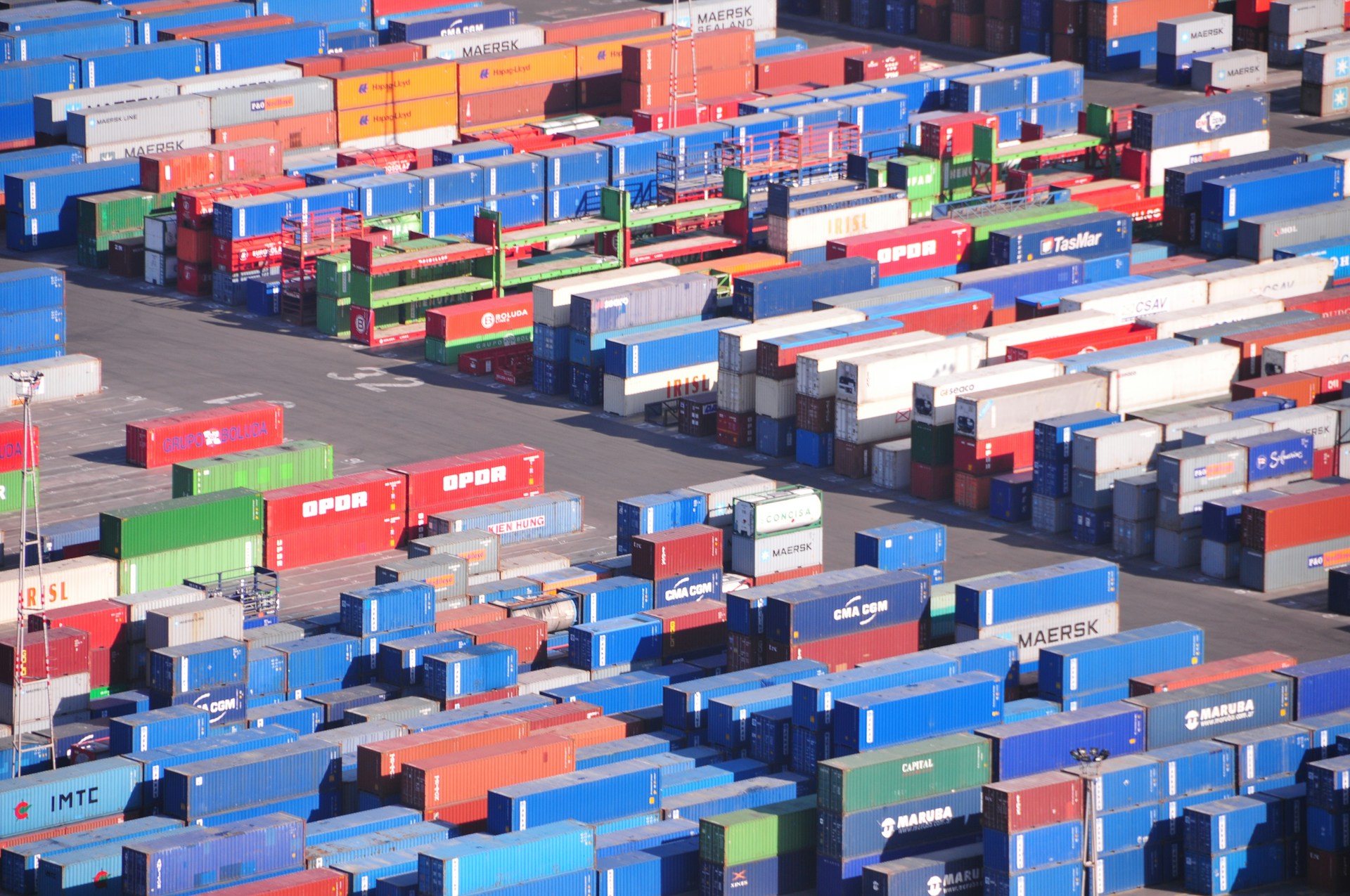Casablanca- In the dynamic realm of commerce, a revolutionary shift towards remote trading is underway, transforming traditional business models and ushering in a new era of digital transactions. With billions circulating through virtual channels, platforms such as Facebook, LinkedIn, and Pinterest have become pivotal players in this rapidly evolving landscape, offering individuals and businesses unparalleled opportunities to engage in commerce without the constraints of physical stores.
Gone are the days when establishing a brick-and-mortar shop was a prerequisite for conducting business. Today, the proliferation of online platforms has democratized commerce, enabling entrepreneurs to showcase a myriad of goods and services and communicate with customers remotely with unprecedented ease and affordability. Setting up e-commerce sites has become increasingly accessible, with costs typically ranging from MAD 800 to MAD 3,000,( approximately $ 82.47 to 309.27 USD) significantly lower than the overhead expenses associated with traditional retail spaces.
Fueling this digital commerce revolution is the expansive reach and low entry barriers of social media platforms. Platforms like Facebook have emerged as bustling marketplaces, offering a fertile ground for merchants and entrepreneurs to connect with potential customers and drive sales without the need for hefty investments in physical infrastructure. The allure of cost-effective marketing and direct customer engagement has propelled many businesses to embrace social media as a primary avenue for remote trading.
The meteoric rise in online shopping has prompted brands and large establishments to pivot towards digital solutions, adopting innovative applications that streamline the remote purchasing process. Customers now have the convenience of making purchases from the comfort of their homes, with secure payment systems facilitated by banking institutions ensuring seamless transactions across borders.
Recent data from e-commerce and invoicing platforms affiliated with the Monetary Center paint a vivid picture of the burgeoning digital economy. Over the span of the first nine months of the current year, more than 25 million online payments were processed using Moroccan and foreign bank cards, totaling an astounding MAD 8.7 billion (approximately $ 0,89 billion USD) in value. This represents a remarkable 23.6% increase compared to the same period last year, underscoring the exponential growth trajectory of remote trading.
The surge in online payments using Moroccan cards, witnessing a noteworthy uptick of 21.8% with 23.8 million transactions, further exemplifies the shifting consumer preferences towards digital commerce. Concurrently, transactions made with foreign bank cards amounted to 1.2 billion dirhams (approximately $ 0,12 billion USD), highlighting the global appeal of Moroccan e-commerce platforms as international trade hubs.
However, amidst the unprecedented growth of remote trading, concerns regarding consumer protection and fraudulent activities on certain commercial platforms have emerged. Instances of discrepancies between the quality of products received and their advertised descriptions have raised awareness about the importance of robust regulatory frameworks and vigilant oversight in the online marketplace.
The burgeoning e-commerce ecosystem hinges on secure online payment mechanisms facilitated by intermediaries like the Monetary Center, established through collaborative efforts by nine Moroccan banks. This robust infrastructure not only provides a secure platform for companies to conduct online sales domestically and internationally but also fosters strategic partnerships with public and financial institutions specializing in loans, bolstering the resilience of the digital economy.
As the digital revolution continues to reshape the global economy, remote trading is poised to play an increasingly pivotal role in shaping the future of commerce. With the right regulatory frameworks and technological innovations, online platforms have the potential to unlock unprecedented economic opportunities, empowering businesses and consumers alike in the digital age.
















